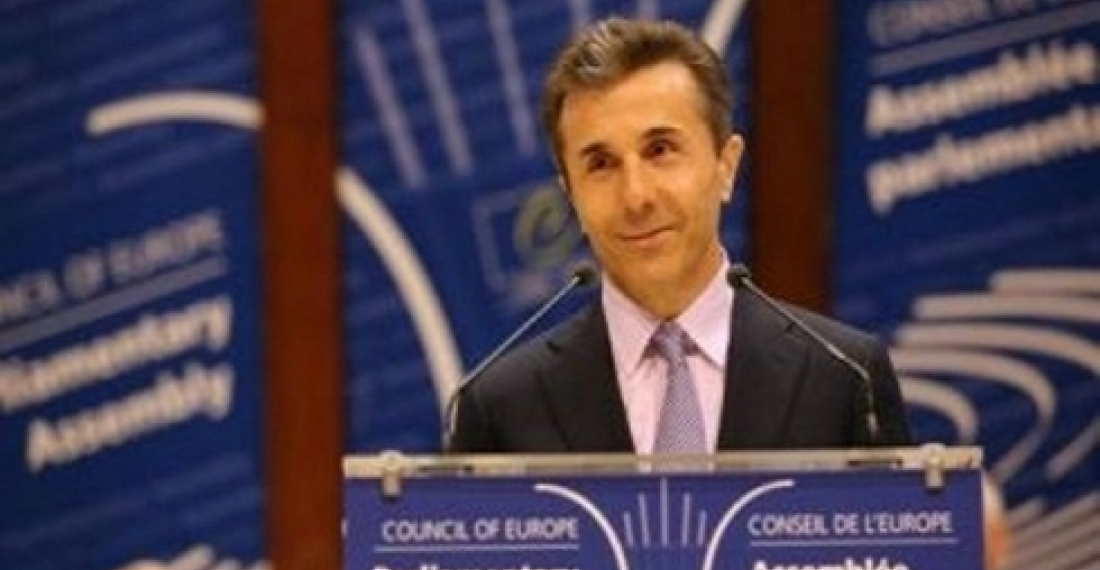Georgian Prime Minister Bidhzina Ivanishvili this morning addressed Parliamentarians from NATO Countries, partner states and representatives of think-tanks and NGOs from across the Euro Atlantic Region who are in Tbilisi to participate in the 83 Rose-Roth seminar organised by the NATO Parliamentary Assembly. The theme of the seminar is "South Caucasus, Geo-politics, Euro-atlantic integration and domestic challenges"
In a wide ranging speech that covered both regional and international political issues, as well as domestic politics, Prime Minister Ivanishvili highlighted the heavy cost paid by the South Caucasus region as a result of the conflicts that have plagued the region for more than two decades. Ivanishvili said that the conflict resolution mechanisms that have been put in place by the international community have not yet yielded results, and that the danger of conflict still exists. Ivanishvili however also pointed out the huge potential of the region and said that in his first visits to Armenia and Azerbaijan as Prime Minister he had started exploring with the leaders of the two countries how to start changing the dynamic of the region. He said that there were no "magic solutions" to the problems of Georgia and of the region and everything needed to be done with rational and sober thinking and by hard work.
In his speech and in an intensive Q and A session after, Ivasnishvili reitereted Georgia's full committment to European and Euro-Atlantic integration and said that this was the will of the Georgian people and no politician had the right to change this. The recent unanimous resolution of the Georgian Parliament re-affirmed Georgia's positon and sent a clear message to the rest of the international community. Ivanishvili also spoke about relations with Russia and said that Georgia wanted to have normal relations with Russia and was using trade and commercial relations as a first step in this direction. Restoring diplomatic relations with Russia is not possible as long as Russia's attitude on Abkhazia and South Ossetia does not change.
Ivanishvili also reiterated his government's committment to democracy and the rule of law and said that this was not a committment in words but his government will translate this committment into tangible actions. He spoke about the importance of reforms that are currently in the pipeline to make the Georgian judiciary independent of politics.
The seminar will continue until Wednesday.
source: commonspace.eu
photo: Prime Minister of Georgia Bidhzina Ivanishvili.







